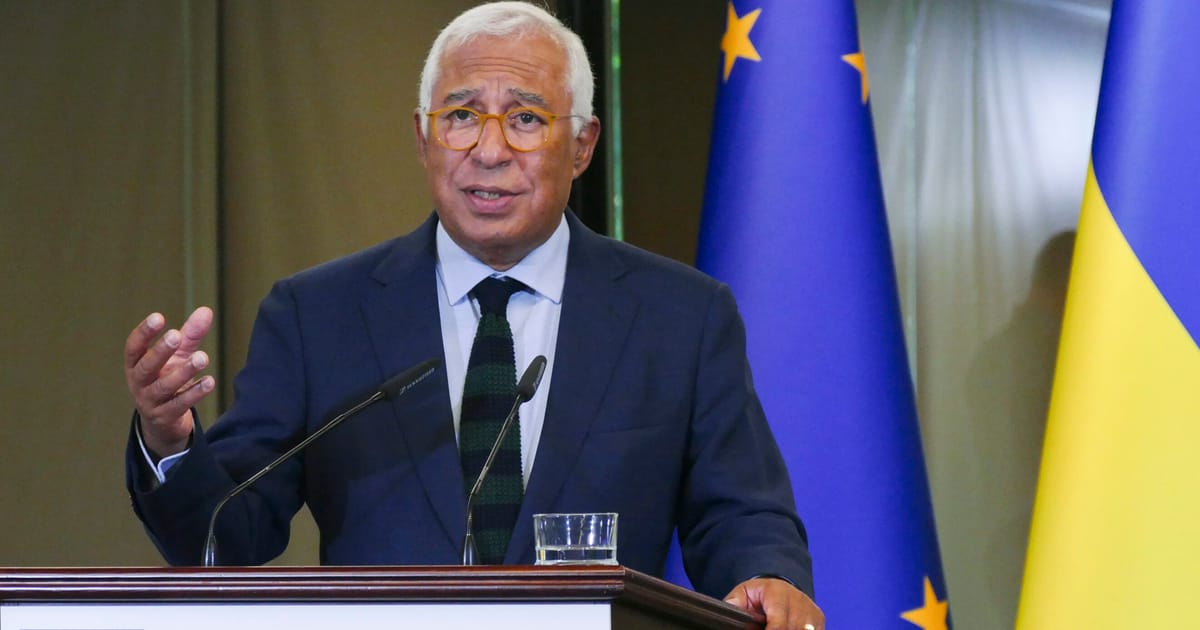

In an evolving global landscape, several significant developments have caught the world’s attention, from diplomatic changes in the UK to ongoing international efforts for peace and humanitarian aid. Each of these stories reflects the intricate and interconnected challenges that define our time, where diplomacy and consensus hold the key to fostering peace and understanding.
In Europe, the European Union is actively seeking to fortify its stance against Russia by coordinating with the United States on potential joint sanctions. This collaborative effort aims to exert increased pressure on the Kremlin amidst the ongoing geopolitical tensions. EU officials are visiting Washington to discuss strategies that align the EU and US actions, underscoring the importance of transatlantic unity in addressing global conflicts. This partnership also highlights the mutual commitment to upholding international laws and deterring aggression through measured and collective economic policies.
Across the English Channel, a notable shift has occurred within the UK government. Yvette Cooper, a seasoned member of Keir Starmer’s Cabinet, has assumed her new role as the UK’s leading diplomat. Despite her extensive political experience, this marks her first foray into international affairs, where she is expected to leverage her skills to navigate the UK through complex global realities. Her appointment is part of a broader reshuffle following the resignation of Angela Rayner, the Deputy Leader of the Labour Party. The reshuffle is seen as an opportunity for Prime Minister Starmer to reinvigorate his administration and address ongoing challenges with fresh perspectives. Cooper’s new role is anticipated to bring a steady hand to the UK’s diplomatic endeavors, fostering stronger international ties and promoting open dialogue.
Meanwhile, on the international stage, discussions spearheaded by the United States and United Nations are taking place regarding the reconstruction of Gaza. This initiative, as part of broader efforts to stabilize the region, proposes the establishment of a one-year technocratic government, disarmament of militant factions, and the installation of an international stabilization force. These measures are intended to prevent a contentious debate at the upcoming UN General Assembly, especially concerning the recognition of Palestine as a state by several countries, including the UK, France, Canada, Belgium, and Malta. Such discussions underline the need for a balanced approach that emphasizes peace and stability through diplomatic channels, while acknowledging complex historical and political sensitivities.
On a different front, there is a growing call from Australia’s Ukrainian community for the inclusion of Oscar Jenkins in prisoner swap negotiations. Jenkins, an Australian citizen, was captured while volunteering to fight alongside Ukrainian forces and is currently serving a prison sentence in Russia. Advocates are urging the Australian government to prioritize his release to prevent him from being forgotten amid international talks of prisoner exchanges. Conveying empathy and solidarity, this appeal highlights the human dimension of conflict and the role of governments in safeguarding their citizens abroad.
These unfolding developments, spanning multiple continents, reflect the diverse challenges that continue to shape global discourse. Central to these narratives is the pursuit of peaceful resolutions through cooperation, dialogue, and shared values. Whether through strategic economic measures, diplomatic appointments, humanitarian initiatives, or advocacy for individual rights, these stories exemplify the ongoing efforts to navigate a complex world with poise, empathy, and a commitment to positive change.
Source: {link}
